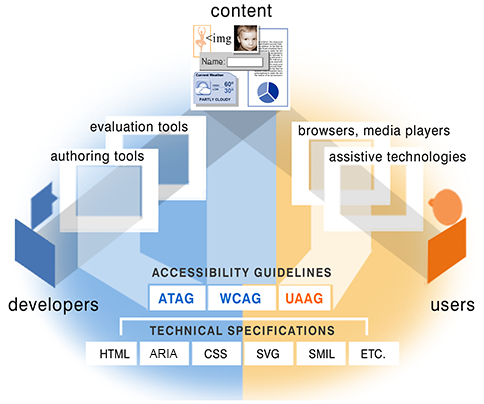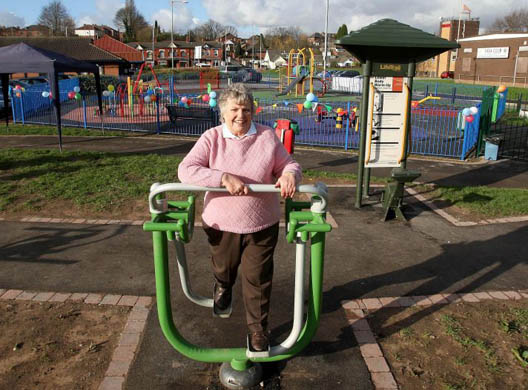CHI 2011 Workshop
www.chi2011.org
This one-day workshop explores how HCI-related practice and research can understand and support reminiscence. The workshop has two main goals. First, we hope to bring together academics and practitioners from a variety of backgrounds, disciplines, levels of experience, and approaches to studying and supporting reminiscing. Second, we hope to explore a variety of topics around current and potential uses of technology to support reminiscence, including but not limited to:
- understanding people's current practices around reminiscing,
- exploring empirical studies and theories of memory that might inform technology designs,
- presenting, critiquing, and evaluating existing technologies for reminiscence,
- considering how technology might support new reminiscing practices, and
- supporting social aspects of reminiscence.
We are particularly interested in participants from outside the CHI community to foster new perspectives and collaborations. Our plan is to conduct three short discussion-focused panels organized around participants' interests. Those discussions will ground small groups in articulating interesting directions, studies, designs, and outlines of potential grant and book proposals at the intersection of reminiscing and technology
SUBMISSION
Interested participants should mail position papers of up to 6 pages in .pdf versions of the CHI Extended Abstracts format to danco@cs.cornell.edu
We will notify accepted participants on or before February 11, 2001. A limited amount of funding will be available, primarily to support attendance for people from other disciplines who are not regular CHI attendees. The workshop will be held on Sunday May 8, 2011 in Vancouver, Canada. Please note that at least one author of an accepted position paper must register for the workshop and for one or more days of the CHI 2011 conference.
IMPORTANT DATES
- Jan 14, 2011: Position papers due
- Feb 11, 2011: Notifications of participation
- Apr 1, 2011: Final versions of position papers (to be shared with other participants)
- May 8, 2011: (Sunday) The workshop! (Here's the list of all workshops.)
- May 9-12 2011: CHI itself
ORGANIZERS
- Dan Cosley, Information Science, Cornell University danco@cs.cornell.edu
- Maurice Mulvenna, School of Computing and Mathematics, University of Ulster md.mulvenna@ulster.ac.uk
- Victoria Schwanda, Information Science, Cornell University vls48@cornell.edu
- S. Tejaswi Peesapati, Information Science, Cornell University stp53@cornell.edu









